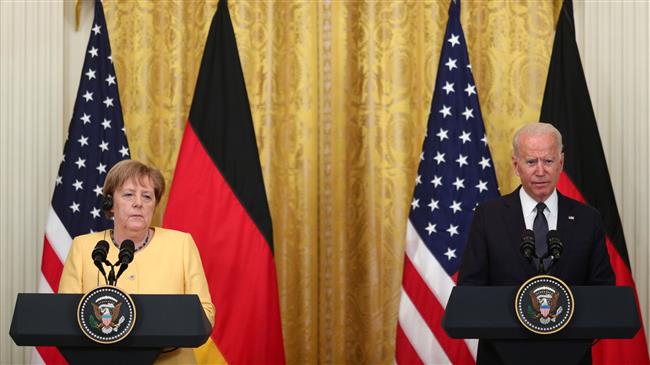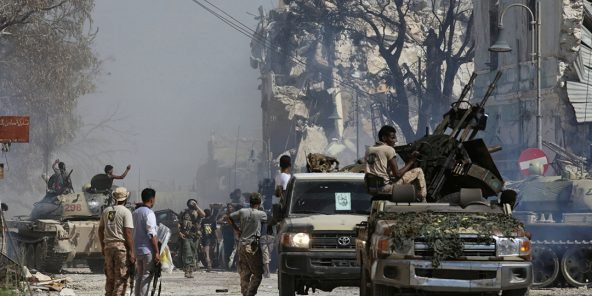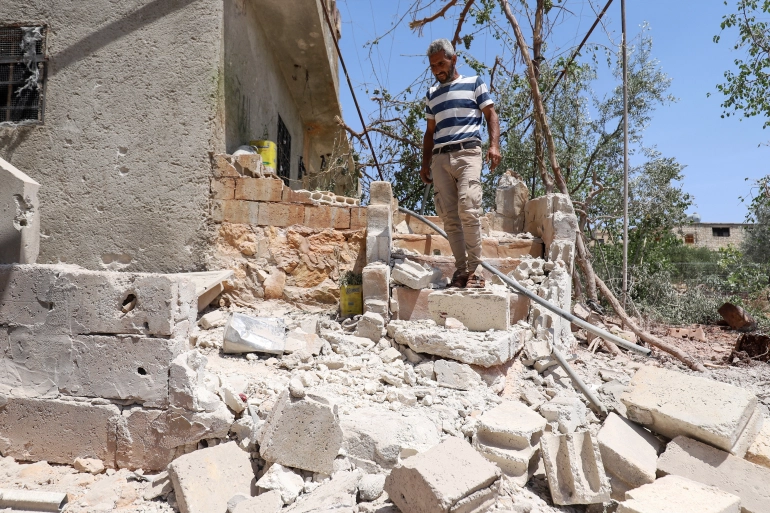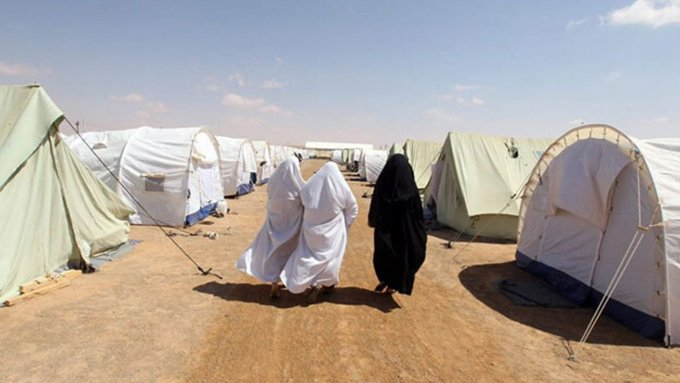Global Migration Is Not Abating. Neither Is the Backlash Against It

The European Migrant Crisis of 2015 has long since abated, but European nativist and populist parties continue to attempt to stoke the popular backlash against immigrants to fuel their rise. Italy’s Matteo Salvini, the golden boy of Europe’s anti-immigrant populists, even rode the issue into government in 2018, before marginalizing himself with a bid to force early elections in 2019 and, more recently, misplaying the politics of the COVID-19 crisis. Nevertheless, Europe’s other far-right populists, like France’s Marine Le Pen, continue to hammer on anti-immigrant sentiment, hoping it will remain a potent issue in upcoming elections.





